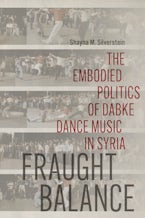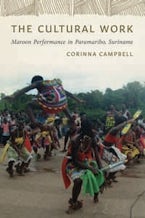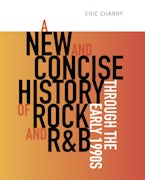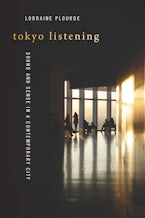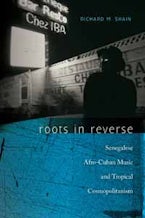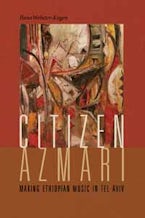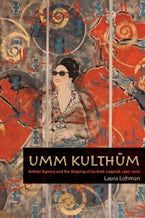- Home
- Music / Culture
- music
- Resonances of Chindon-ya
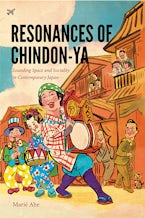
Resonances of Chindon-ya
Sounding Space and Sociality in Contemporary Japan
Series: Music / Culture
Sales Date: 2018-02-06
An investigation of music, sound, and public space in contemporary Japan
In this first book-length study of chindon-ya, Marié Abe investigates the intersection of sound, public space, and sociality in contemporary Japan. Chindon-ya, dating back to the 1840s, are ostentatiously costumed street musicians who publicize a business by parading through neighborhood streets. Historically not considered music, but part of the everyday soundscape, this vernacular performing art provides a window into shifting notions of musical labor, the politics of everyday listening and sounding, and street music at social protest in Japan. Against the background of long-term economic downturn, growing social precarity, and the visually and sonically saturated urban streets of Japan, this book examines how this seemingly outdated means of advertisement has recently gained traction as an aesthetic, economic, and political practice after decades of inactivity. Resonances of Chindon-ya challenges Western conceptions of listening that have normalized the way we think about the relationship between sound, space, and listening subjects, and advances a growing body of interdisciplinary scholarship that examines the ways social fragmentation is experienced and negotiated in post-industrial societies.
Hardcover is un-jacketed.
Acknowledgments
Note on the Companion Website
Note on Language
Prologue: Beginnings
Introduction: Resonances of Chindon-ya
Walking Histories
Performing Enticement
Sounding Imaginative Empathy
Politicizing Chindon-ya
Resonances of Silence
Epilogue: Affordances of Resonance
Appendix
Notes
References
Index
MARIÉ ABE is an ethnomusicologist and accordionist, and teaches as assistant professor in the department of musicology and ethnomusicology at Boston University.
"Abe's innovative book foregrounds important debates in ethnomusicology, East Asian Studies, and sound studies, with energizing new research on modern folk practices and popular music, neoliberal cities, and the global political 'resonances' of protest cultures."
~David Novak, author of Japanoise: Music at the Edge of Circulation
"This book demonstrates some of the best that ethnomusicology has to offer. Among its many critical insights in history, culture, and society, as well as music and other sonic systems, Abe's central concept of resonance stands to be a major contribution to the discipline."
~Christine Yano, author of Tears of Longing: Nostalgia and the Nation in Japanese Popular Song

